Dog Park Safety

Preparing for the Dog Park
If you’ve recently become a dog owner, you’re probably excited to take your dog to the local dog park. But before you go, review this information to make sure you’re both prepared to have a fun and safe time at the dog park. By following these tips, you’ll be sure to win some canine and human friends!
Preventing Dog Bites
Train your dog: dogs trained in basic obedience (such as commands, hand signals, etc.) are less likely to bite people and other dogs.
Use a leash when walking on the street and keep your eyes on your dog (not your phone) when they are in the dog park.
Leave your sick dog home. Sick dogs are more prone to biting.
Spay and neuter your dog. Unneutered male dogs are more often involved in bite incidents and females in heat can attract unwanted attention from male dogs.
Learn dog body language. Dogs will often show signs that they are uncomfortable before getting aggressive. Learn your dog’s cues by observing them at home and in public. Some common cues are lip-licking, snarling, yawning, or “shaking off”.
Don’t enter the dog park when another dog is in between gates or guarding the entrance. A dog that is “rushed” by other dogs may lash out and attack as protection.
Fleas, Ticks, and Parasites
Even if your dog park isn’t covered in grass, fleas and ticks can still be around.
Make sure your dog is protected all year with a protective collar, pill, or a combination suggested by your veterinarian.
Always pick up after your dog. Parasites and viruses can be easily transmitted through dog poop.
Cuts, Scratches, and Exposure
Some dogs may like to play rougher than others, but try to keep your dog away from other dogs that are acting aggressively to avoid bites or fights.
Avoid going near fallen branches, trash, or other discarded materials.
Don’t bring your dog to the park when chemicals, like fertilizers or pesticides, have been recently used. Your park should put up signs to notify you when this has taken place.
Hydration
Always bring water and a bowl with you to keep your dog hydrated and prevent overheating.
Keep your dog away from standing pools of water (like ponds or pools filled with old water) since these can hold parasites or bacteria.
If your dog shows any signs of overheating, such as excessive panting, vomiting or sluggishness, call your veterinarian immediately.
Make an Appointment
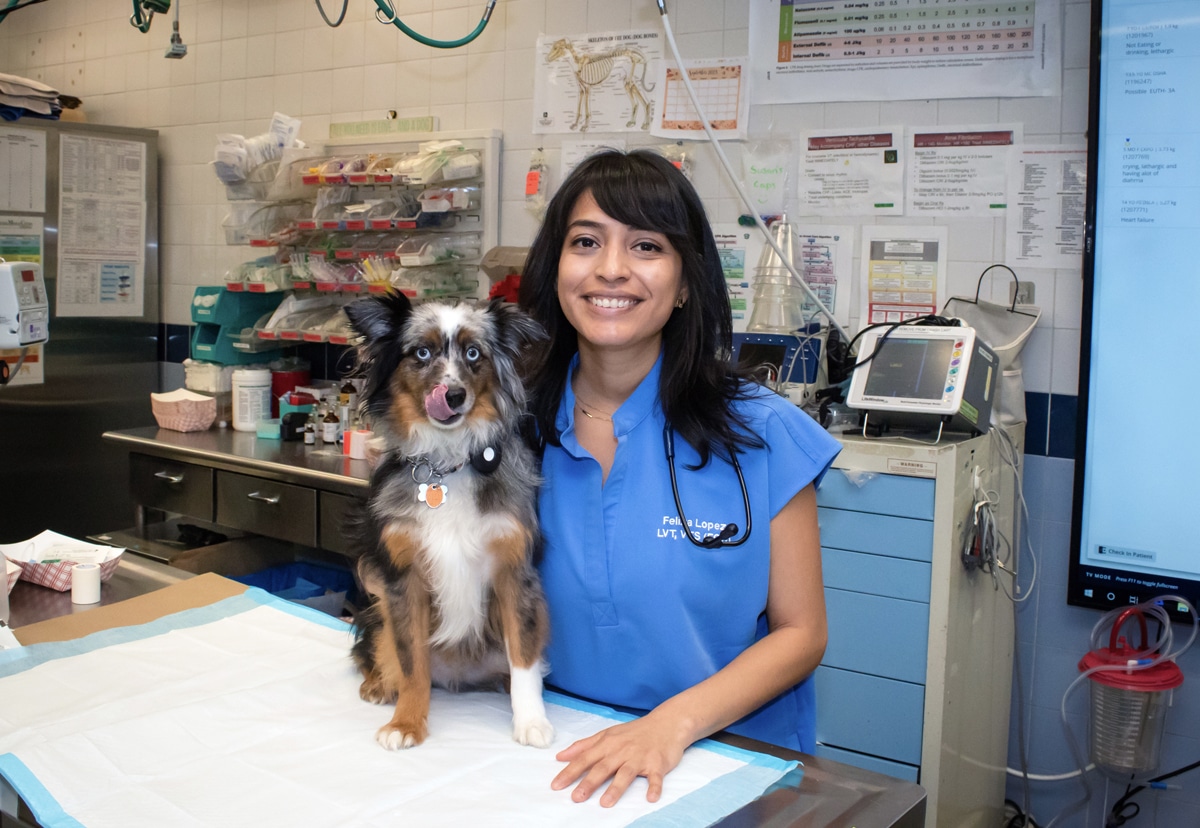
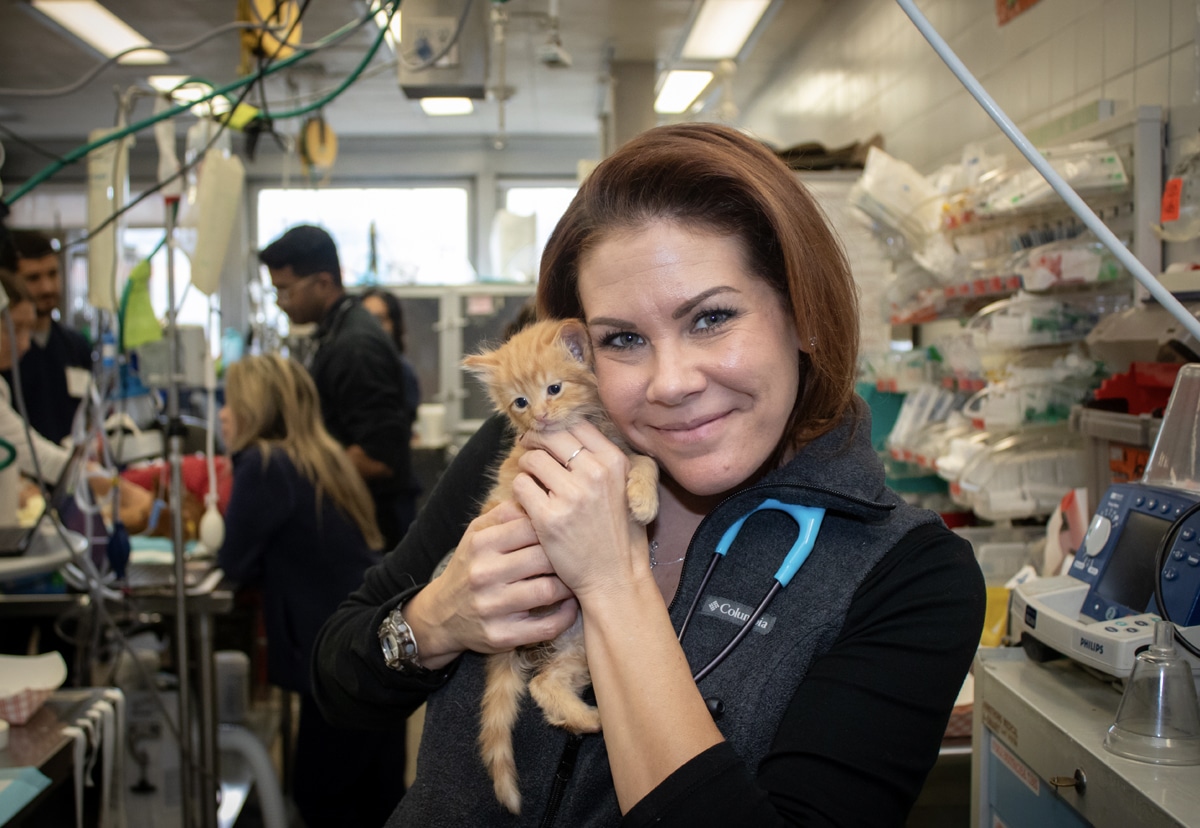
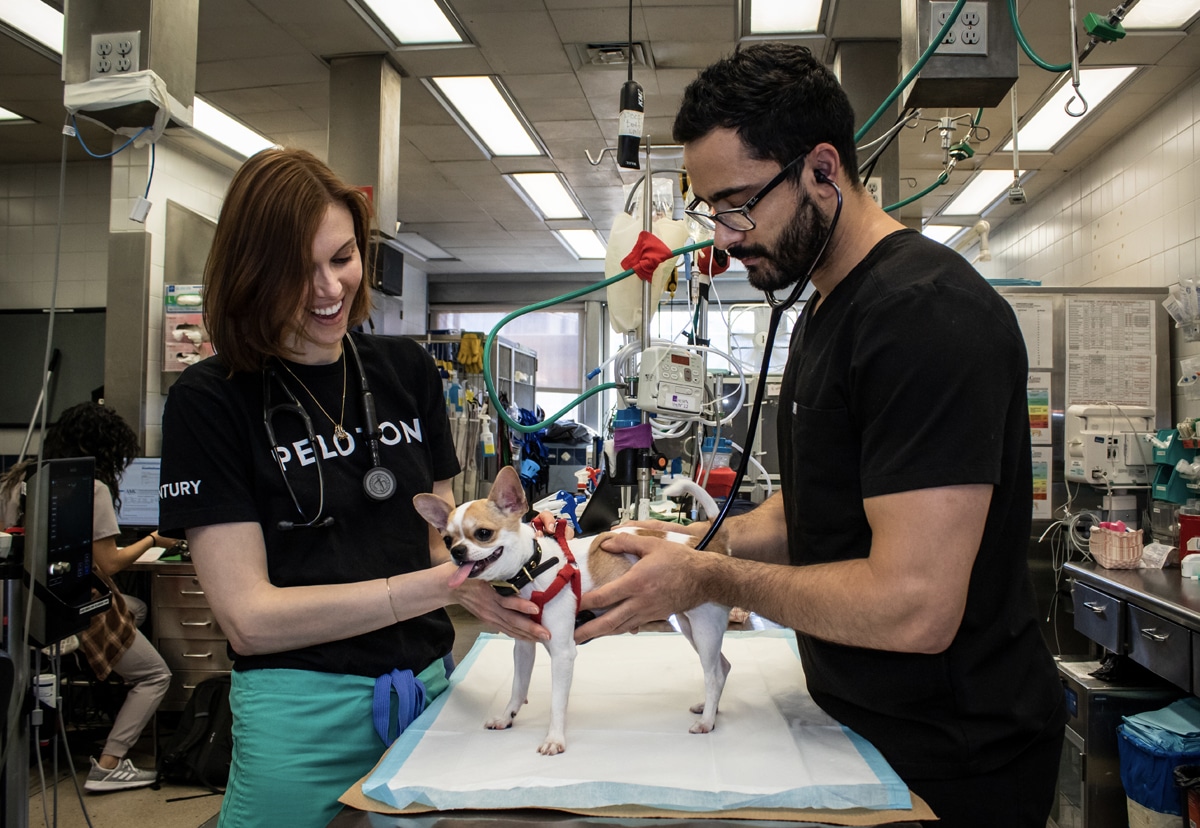
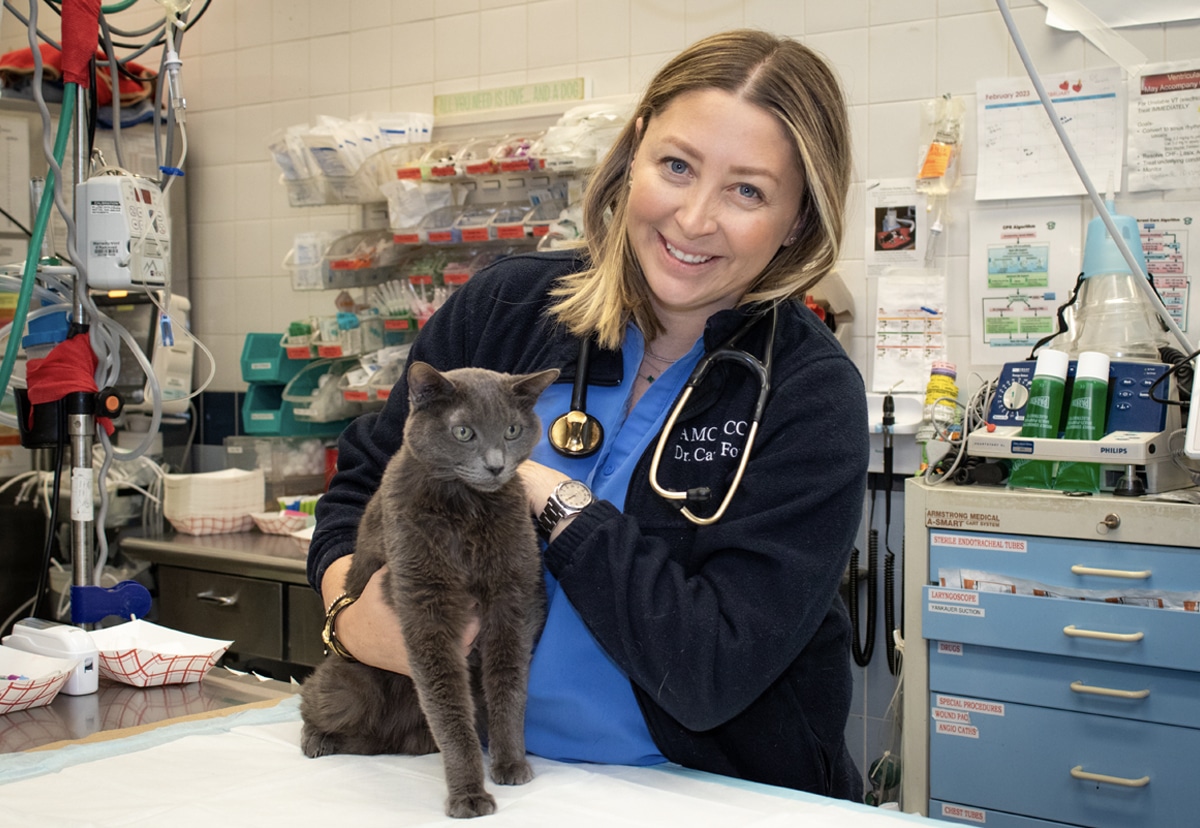
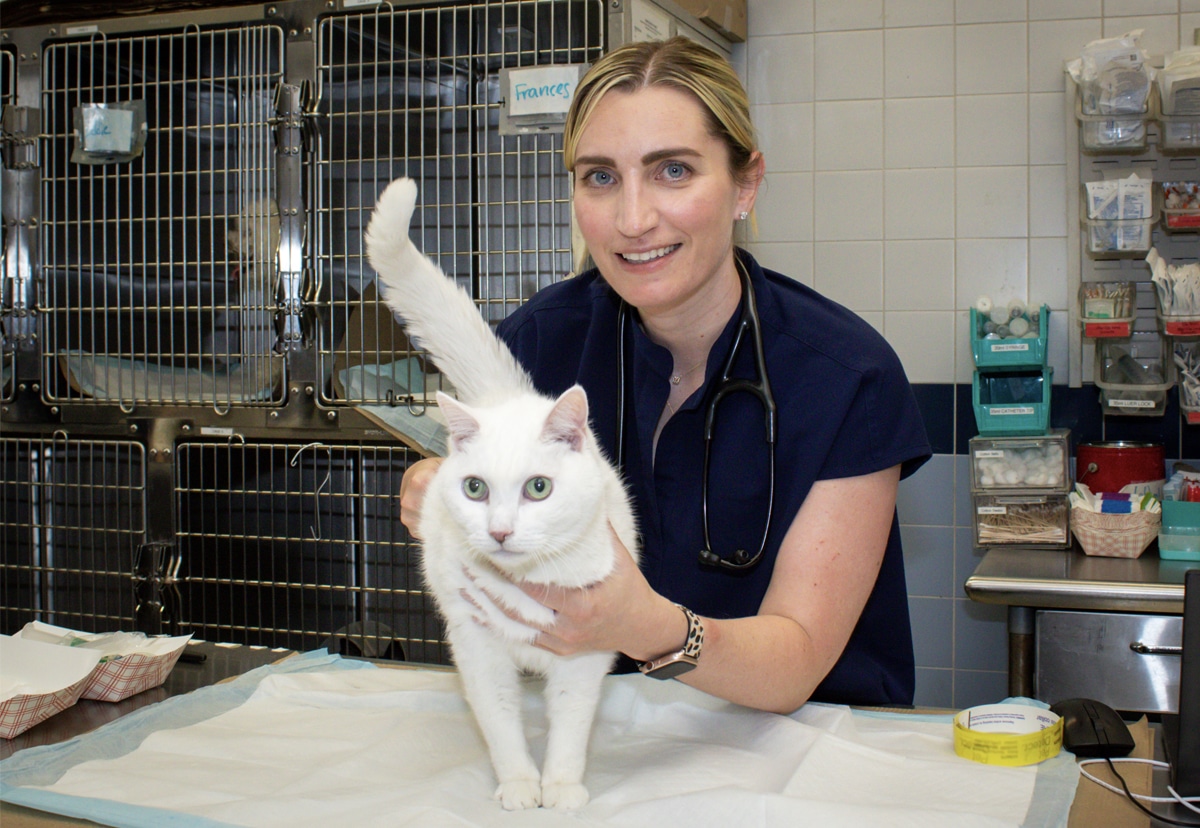
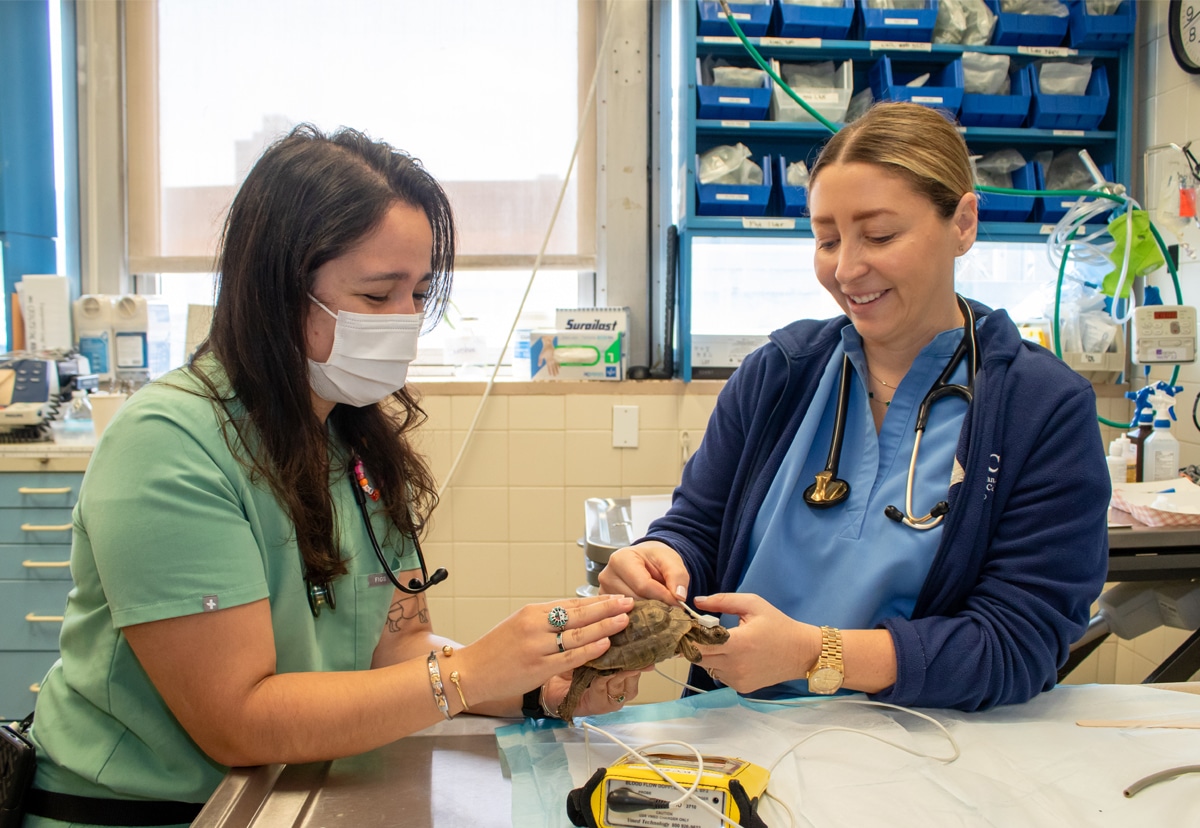
Emergency & Critical Care
As New York City's only Level 1 Veterinary Trauma Center at a hospital accredited by the American Animal Hospital Association (AAHA), AMC is the premier veterinary emergency room in the tri-state area. Where you go first for emergency care matters, and there is no better place than the Schwarzman Animal Medical Center.
Learn More





























